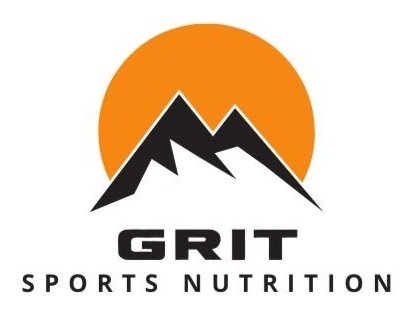Fuel Periodization
It’s March and if you are like my clients, off-season is in your rearview mirror and you are knee deep into training! Increased training means increased (or modified) fueling needs. According to Jeukendrup (2017), “Periodized nutrition refers to the strategic combined use of exercise training and nutrition, or nutrition only, with the overall aim to obtain adaptations that support exercise performance. The term nutritional training is sometimes used to describe the same methods and these terms can be used interchangeably.”
Ensuring that your fuel intake is meeting your training demands is key to a successful season. If you are under-consuming fuel, you are at risk for injury, illness, and loss of lean body mass. If you are over-consuming fuel, you may be packing on the pounds before your first race even rolls around. The goal is to be right on the money – consuming just what you need to fuel those hard training efforts and feel your most powerful.
Here are some nutritional training considerations to implement for this race season, in order to help you look, feel and perform your best:
1) Eat Intuitively / Thoughtfully
Pay attention to your hunger cues and what you are craving. Because eating can be so interwoven with our emotions, sometimes we eat because we are tired, bored, or anxious instead of truly hungry. If you are heading to the pantry multiple times after dinner, think about why this is happening – are you still hungry? Or just in close proximity to food and feel the need to eat while in front of the TV? Try to tune out the outside world when you eat – put your phone down, turn the TV off, and just focus on the food. Avoid shoving food in just because you feel like you need it; ask yourself if you are actually hungry.
2) Don’t Let Everyone Else’s Fuel Plan Become Your Own
So often, I have clients express to me that their training buddies, coach, or family members feel like they should be eating much more than they are, because they are following a training plan and expending calories daily. As mentioned above, under-fueling yourself during training season won’t do you any favors, but over-fueling doesn’t either. It shouldn’t feel like you are stuffing yourself throughout the day, taking in more calories than you can tolerate. There is no “right” way to structure daily meals and snacks. I have some clients who prefer 5-6 smaller meals; others prefer 3 larger meals. It really comes down to what works best with your schedule, and what makes your gut happiest. I also recommend consuming calories often enough that you avoid the hangry moments when you can eat the whole house down. Don’t let yourself get to that point by having balanced snacks ready to go in your car, workout bag, or briefcase. Also, it is helpful to have a credible source (Sports Dietitian = RD) review your intake and make suggestions.
3) Track Food Intake
Websites like My Fitness Pal or My Plate are helpful in shedding light on what you are consuming throughout the day. Awareness is key. It is a possibility that you are under or over-consuming calories (or another nutrient), and don’t even realize it. Tracking is a helpful tool in moderating intake. You don’t have to do it forever, but it does provide a baseline.
4) Tune Into Your Body
Are you losing weight? Gaining weight? How are your clothes fitting? Do you feel powerful on the bike, and speedy on the run? I don’t believe in “Ideal Body Weight” for an individual. Instead I feel that the weight/body composition in which you feel lean but still powerful is your money spot. And this is different for everyone. Don’t hold yourself to someone else’s standards!
5) Macronutrient Breakdown Counts
As triathlon season progresses, your caloric needs do fluctuate but it may be subtler than you would think. Ideal macronutrient percentages vary depending on training load, individual differences in metabolism, and food preferences. In off-season, you can get away with a higher fat/lower carbohydrate intake, while training season may require more carbohydrates either from fruit/vegetable or grain sources. Protein needs also change in training season. You are breaking down and utilizing more muscle mass, which requires increased amino acid consumption in order to rebuild protein stores. Finding the right formula does require some trial and error.
In Summary
Moving from off-season back into training season is a big ask of your body. Be patient with yourself and ensure you are consuming enough calories/nutrients to support your training load. Don’t let an insufficient fuel plan be the reason for a lackluster season – the ball is in your court! Reach out to a Sports Dietitian if you need personalized help.
Jeukendrup Sports Med. 2017; 47(Suppl 1): 51–63.
Published online 2017 Mar 22. doi: 10.1007/s40279-017-0694-2

